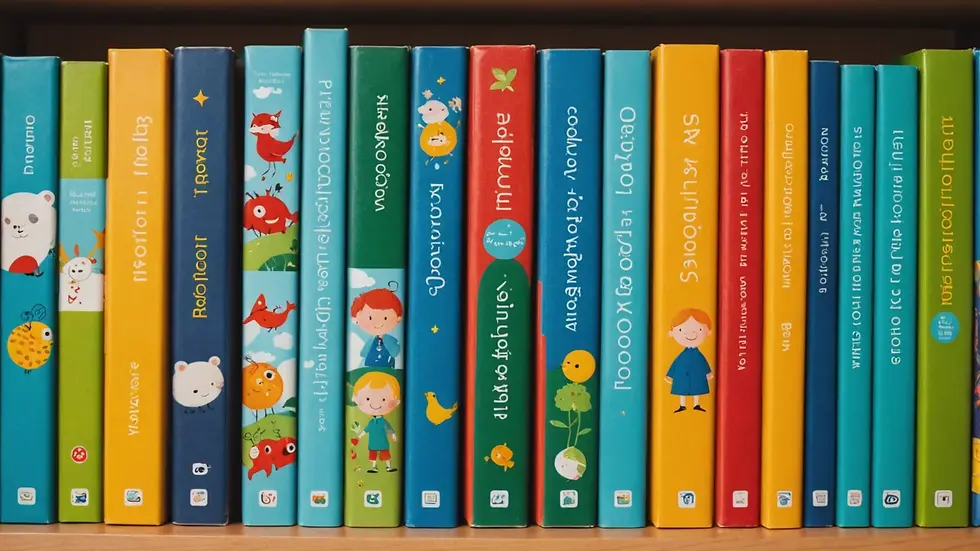The Power of Language: How Parents Can Foster Language Development in Young Children
- maryaryan91
- Feb 20, 2025
- 3 min read
Updated: Jun 13, 2025
Language development in early childhood is much more than stringing words together; it shapes the basis for future skills - both academic and social. Effective communication influences a child's confidence, relationships and thinking abilities.
The Significance of Language Development
Language is a vital tool for communication and expression. In the early years, strong language skills build a foundation for cognitive and social abilities. Research indicates that children who develop language skills by age five have a 50% greater chance of succeeding in school. Effective communication helps children build positive relationships with others and enhances their critical thinking and problem-solving abilities.

Creating a Language-Rich Environment
An effective way to nurture language development is through creating a language-rich environment. Parents don't need to have a language degree; it’s about incorporating language into daily activities. Here are some practical strategies:
1. Read Aloud Daily
Reading to children consistently enhances language skills. Choose a mix of picture books, stories, and educational materials to introduce new words and ideas. Make reading a routine- perhaps before bedtime or after lunch - encouraging children to ask questions. Studies have found that children exposed to reading at an early age are 20% more likely to develop strong literacy skills.

2. Engage in Meaningful Conversations
Fostering conversations can significantly improve language skills. Ask open-ended questions that prompt deeper responses. Instead of asking, "Did you have fun?" try "What was the best part of your day?" This encourages children to share their thoughts in more detail, increasing vocabulary and expression.
3. Expand on Their Language
When children use basic phrases, parents can enrich their language. If a child says, "Dog run," a parent might respond, "Yes, the big dog is running really fast!" This not only teaches new vocabulary but also models how to form complete sentences.
Providing Opportunities for Language Use
To effectively promote language development, children need plenty of chances to use language in different situations. Here are activities that can support language use:
1. Play-Based Learning
Play is a natural way for children to learn language. Engaging in role-playing games allows them to practice new words in a fun, safe environment. Simple pretend play, like cooking in a toy kitchen or playing school with stuffed animals, encourages creativity and verbal expression.
2. Singing Songs and Reciting Rhymes
Singing songs and reciting rhymes support language skills through rhythm and repetitive patterns, improving memory and pronunciation. Join in singing together or encourage children to fill in the gaps during their favourite songs to build participation and excitement for language.
Recognising Individual Progress
Every child develops at their own pace. Parents should celebrate each child's unique progress in language development.
1. Tracking Development
Keeping a language development journal can help parents note new words and language skills as their child grows. This approach not only serves as a reference but also allows parents to identify areas where they can focus their support.
2. Positive Reinforcement
Offering positive reinforcement when children use new words can greatly increase their self-esteem. Simple praise or small rewards can motivate children to keep developing and using their language skills.

Embrace the Journey of Language Development
Supporting language development in young children is crucial for their academic, social, and emotional growth. By creating a language-rich environment and providing consistent opportunities for meaningful language use, parents can help unlock the full potential of language for their children. Strategies like reading aloud, engaging in discussions, and utilizing everyday moments can significantly enhance a child's communication skills.
As children encounter language in various contexts, they will become better equipped to explore the world. The benefits of these early interactions extend into adulthood, laying the groundwork for strong communication skills and lasting relationships. Embrace this rewarding journey of language development, and witness your child's world expand as they discover the joys of communication.




Comments